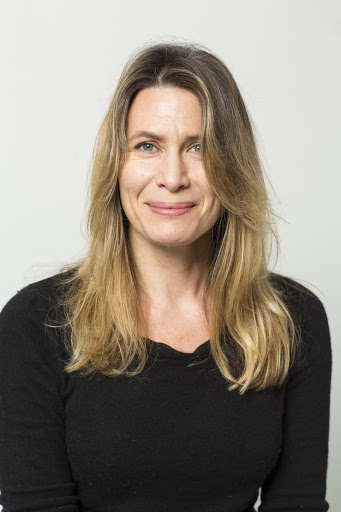Rachel Berney
Associate Professor, Urban Design & Planning
Berney’s primary interests include community sustainable design and development in an international context; urban design and planning history and theory with an emphasis on social and environmental factors; and qualitative and quantitative research methods for evaluating the efficacy of urban form, including challenges of cross-cultural research. Specifically, she focuses on the history and contemporary conditions of urbanism and development in the Americas, with an emphasis on public space and the public realm. In particular, she examines the narrative roles that built landscapes play in: politics and society, ecology, and human health and well-being. Thus, first, her work on pedagogical urbanism in Latin America and the United States examines the use of public space to front city regeneration projects. Second, her work on visible ecology critiques and directs the development of eco-literacy in community design and development practices. Finally, her work on human health and well-being is currently being developed through her Mobile Cities project centered on public space investment and community mobility planning in metro transit station projects. These themes are linked by a focus on understanding, reading, critiquing, and modifying narratives in the built environment. Of particular interest is the concept of legibility, or comprehensibility, and whether legible environments are capable of shaping sustainable urban places, practices, and policies.
